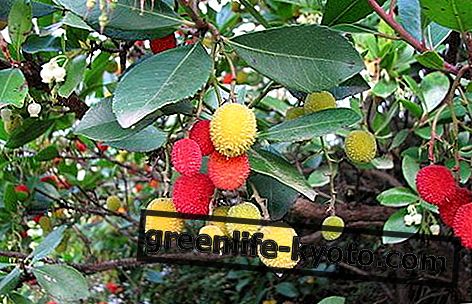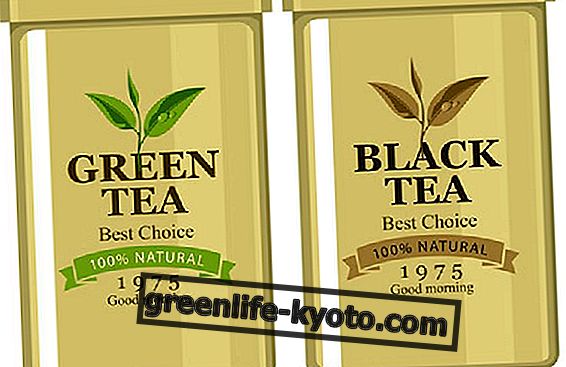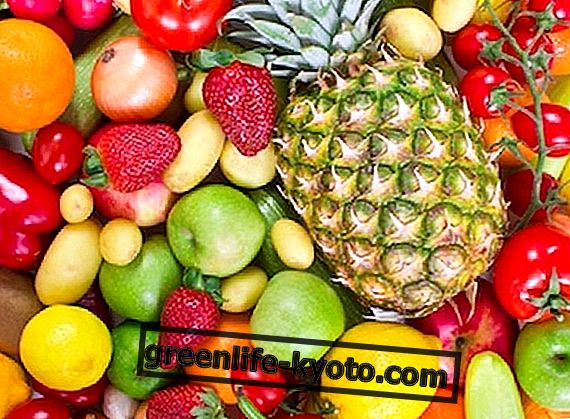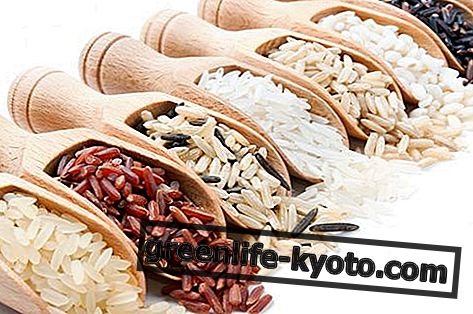
It is well known that excess sugar consumption can cause health problems, so much so that common table sugar is now almost considered a "danger to our health". And that is why many people resort to alternative natural sugars, a new trend seen as a healthy remedy and that allows us not to give up the pleasure of the sweetener.
And so it depletes the fashion of cane sugar, which has the same calories as normal, or agave syrups, malt, maple, and so on. But what perhaps not everyone knows is that there is no natural sugar that does well or that can be consumed without worries.
By now, in fact, it is established that sugar (glucose, fructose and table sugar in general), if taken in excessive quantities, causes health problems. For this reason, the World Health Organization (WHO) has lowered the recommended sugar threshold up to 5% (about 25 grams, or five teaspoons).
Also read Without sugar for a year, the story of Danièle Gerksens >>
So the only way to prevent diseases related to the consumption of sweets (overweight, obesity) always remains to reduce their consumption. These recommendations, however, do not concern sugars naturally present in fresh fruit, vegetables or milk, but those added in foods and beverages: glucose, fructose and sucrose, even in the form of syrups.
All sweeteners that in most cases are difficult to perceive or find because they are well masked by the manufacturers. And the only way we have to defend ourselves from this "deception" is to carefully read the nutritional labels of the products because the various sugar substitutes, natural or not, in the long run produce the same health damage as classic sugar.
In fact, in large part, the characteristics of sweetening syrups, honey and all others are reduced to the same properties as the simple sugars that are dissolved in them. A growing trend in people who are attentive to the line or need to reduce sugar for health reasons, such as diabetics, is to resort to "light" products (soft drinks, cereals, biscuits, etc.) that are made to feel like they lack sugars but without sacrificing taste.
On the safety of artificial sweeteners, however, the consensus is not unanimous since on some of these sweeteners the suspicion that they can favor diabetes or being overweight instead of preventing them is becoming stronger. So the watchword always remains the same: "caution".
Read also Sugar: why avoid it in case of candidiasis >>











